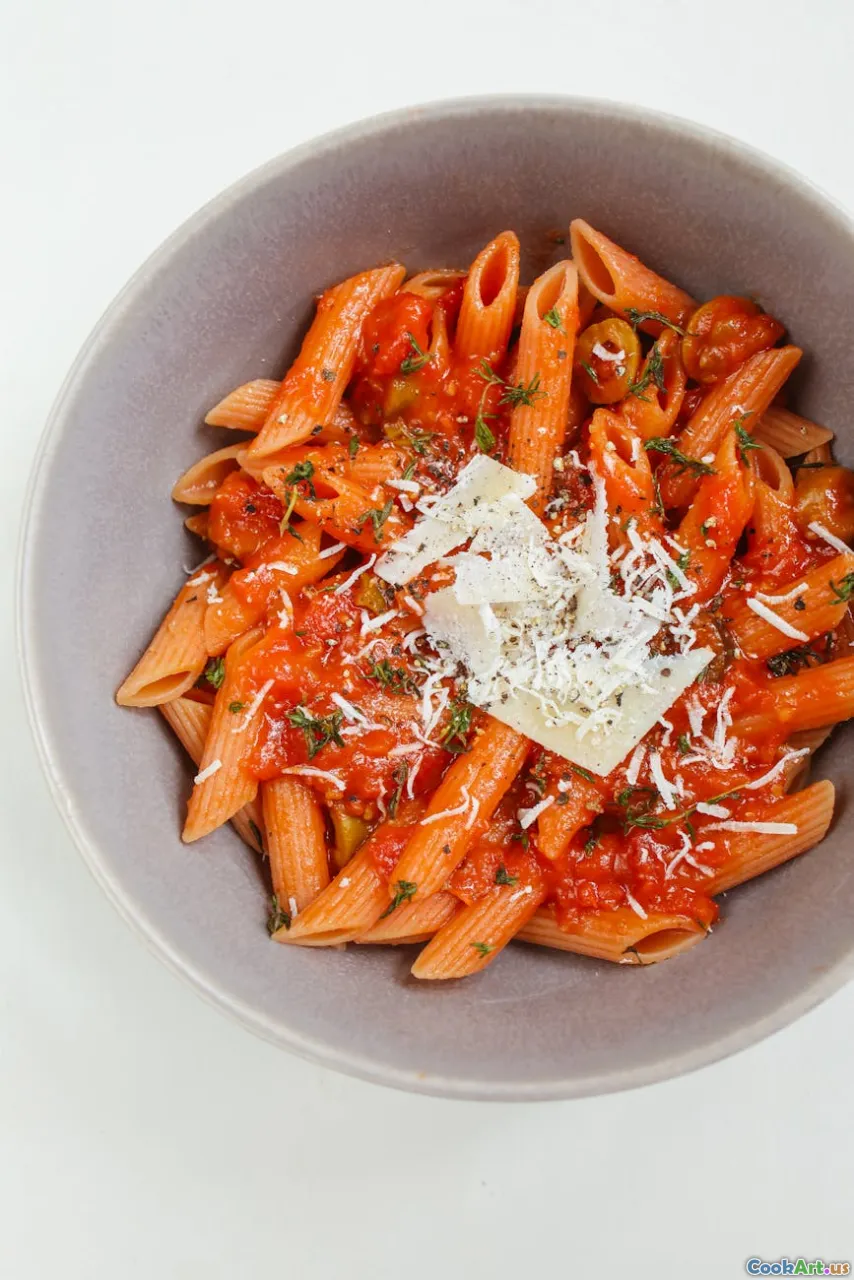Flavors of the Mediterranean Basin
6 min read Dive into the rich and diverse flavors of the Mediterranean Basin, exploring its culinary treasures and cultural heritage. April 06, 2025 03:00
Flavors of the Mediterranean Basin
The Mediterranean Basin, a vibrant tapestry of cultures, history, and geography, offers an unparalleled array of flavors that entice and excite food lovers across the globe. Spanning three continents, this region encompasses countries such as Spain, Italy, Greece, Turkey, and North Africa. Each culture contributes its unique culinary identity, making the Mediterranean a veritable paradise for gastronomes.
A Melting Pot of Influences
From the sun-drenched shores of the Aegean to the bustling markets of Marrakech, the Mediterranean is a crossroads of commerce, migration, and culinary innovation. Historical trade routes have introduced spices, herbs, and cooking techniques that are now staples in Mediterranean cuisine. The influence of ancient civilizations—Greek, Roman, and Ottoman—continues to resonate in modern recipes and dining practices.
Key Ingredients that Define the Region
At the heart of Mediterranean cuisine lies a commitment to fresh, high-quality ingredients. Here are some of the essential components:
- Olive Oil: The liquid gold of the Mediterranean, olive oil is revered for its flavor and health benefits. It’s used generously in dressings, marinades, and as a cooking medium.
- Herbs and Spices: Oregano, basil, thyme, and saffron are just a few of the herbs that dominate the region’s flavor profiles. They are often used to enhance the natural tastes of vegetables, meats, and seafood.
- Vegetables: The Mediterranean diet celebrates seasonal vegetables such as tomatoes, eggplants, bell peppers, and artichokes. These ingredients are often enjoyed raw in salads or roasted to bring out their natural sweetness.
- Grains and Legumes: Staples like couscous, bulgur, and lentils provide hearty bases for many dishes, showcasing the region's agricultural diversity.
- Cheese and Yogurt: Feta, halloumi, and labneh are quintessential dairy products that add creaminess and tang to various dishes.
Cooking Techniques: From Grill to Bake
Mediterranean cooking techniques are as diverse as the ingredients used. Here are some methods that capture the essence of this region:
- Grilling: Whether it's fresh seafood or marinated meats, grilling over open flames imparts a smoky flavor that is characteristic of Mediterranean cooking.
- Baking: From savory pies like Spanakopita to sweet pastries like Baklava, baking is a cherished tradition that showcases the region's love for flaky, golden crusts.
- Slow Cooking: Stews and tagines, especially in North Africa, reflect the importance of time in developing flavors. Ingredients are often combined and left to simmer, allowing spices to meld beautifully.
Signature Dishes to Savor
- Paella: Originating from Valencia, this rice dish is a celebration of local seafood, meats, and vegetables, all flavored with saffron.
- Moussaka: A layered casserole from Greece, featuring eggplant, ground meat, and béchamel sauce, it’s a dish that embodies comfort.
- Tagine: A North African slow-cooked stew named after the earthenware pot it’s cooked in. It often includes meats, vegetables, and a variety of spices.
- Panzanella: An Italian bread salad that highlights ripe tomatoes, cucumbers, and stale bread, drizzled with olive oil and vinegar.
- Hummus: A staple Middle Eastern dip made from chickpeas, tahini, garlic, and lemon, it is enjoyed with pita bread or as part of a mezze platter.
The Mediterranean Diet: A Blueprint for Health
Beyond its deliciousness, the Mediterranean diet is renowned for its health benefits. Rich in fruits, vegetables, whole grains, and healthy fats, it has been linked to lower risks of chronic diseases and promotes longevity. The emphasis on communal dining also fosters social connections, highlighting the Mediterranean philosophy that food is best enjoyed in good company.
A Culinary Journey Awaits
Exploring the flavors of the Mediterranean Basin is not just a culinary adventure; it’s a journey through time and culture. Each dish tells a story, reflecting the land, its people, and their traditions. Whether you’re savoring a simple caprese salad in Italy or indulging in a sumptuous tagine in Morocco, the Mediterranean invites you to delight in its rich culinary heritage.
In conclusion, the Mediterranean Basin stands as a testament to the beauty of diverse culinary practices. By embracing its flavors, we not only appreciate food but also the stories and cultures that shape our dining experiences.









